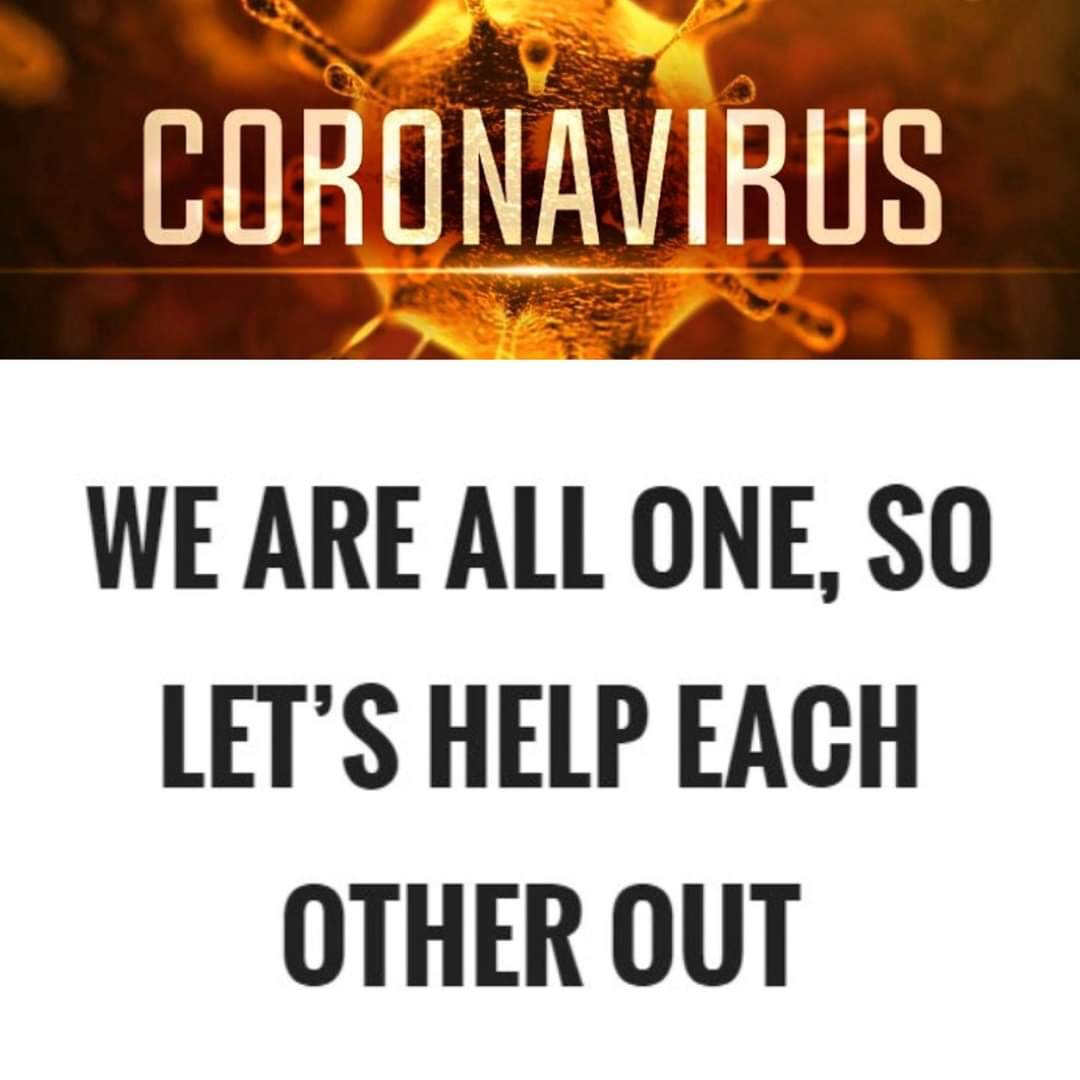PHARMA-FUNDED GROUPS MARKET DSM
The fifth revision of the DSM, due to be published in 2013, could see any characteristic or behaviour
re-defined as a “mental disorder” serious risk. According to the phar-maceutical-company-funded group SANE Australia, “Nearly half (45%) of the population will experience a mental disorder at some stage in their lives.” Mental disease advocacy groups often have financial ties to pharma-ceutical companies, which then act as marketing campaigns for psy-chotropic drugs and cite alarming statistics to support their arguments.
Ray Moynihan and Alan Cas-sels, authors of Selling Sickness: How the World’s Biggest Pharmaceutical Companies are Turning Us All into Patients, found that “Partnering with patient groups has become a key element of marketing strategies.”
One of the pharmaceutical-psychiatric marketing coups was that a chemical imbalance in the brain
causes depression, leading to more than $20 billion in worldwide an-nual sales of antidepressants. SANE Australia advertises: “Antidepressant medications help the brain to re-store its usual chemical balance….”7 Beyondblue claims: “Depression can also run in families and some people will be at increased genetic risk.”8 And former CEO of beyondblue, psychiatrist Ian Hickie, was adamant: Depression is “a mental ailment or chemical imbalance in the brain….”9
However, Ronald Pies writing in Psychiatric Times said pharmaceuti-cal companies espoused the theory that a chemical imbalance caused depression, but the psychiatry com-munity has known all along that the theory is not true. In January, psy-chiatrists confessed on a national US media outlet that there is no evidence to support the Seroto-nin Theory of Depression and that “there was never any evidence in support of the idea that low seroto-nin causes depression.” SANE Australia, beyondblue and others reinforce a false authority in psychiatric diagnosis by misleadingly marketing serious problems in life as biological-based disease. Depression is a painful, functionally impairing condition, but it is not a physical dis-ease or chemical imbalance that can be cured by a drug.
“It’s such a narrow and limited view of human experience, to want to reduce every bit of suffering to medical diagnosis,” said Jon Jureidini, professor of psychiatry at the Univer-sity of Adelaide. He said the changes to DSM would lead to increased prescribing.
re-defined as a “mental disorder” serious risk. According to the phar-maceutical-company-funded group SANE Australia, “Nearly half (45%) of the population will experience a mental disorder at some stage in their lives.” Mental disease advocacy groups often have financial ties to pharma-ceutical companies, which then act as marketing campaigns for psy-chotropic drugs and cite alarming statistics to support their arguments.
Ray Moynihan and Alan Cas-sels, authors of Selling Sickness: How the World’s Biggest Pharmaceutical Companies are Turning Us All into Patients, found that “Partnering with patient groups has become a key element of marketing strategies.”
One of the pharmaceutical-psychiatric marketing coups was that a chemical imbalance in the brain
causes depression, leading to more than $20 billion in worldwide an-nual sales of antidepressants. SANE Australia advertises: “Antidepressant medications help the brain to re-store its usual chemical balance….”7 Beyondblue claims: “Depression can also run in families and some people will be at increased genetic risk.”8 And former CEO of beyondblue, psychiatrist Ian Hickie, was adamant: Depression is “a mental ailment or chemical imbalance in the brain….”9
However, Ronald Pies writing in Psychiatric Times said pharmaceuti-cal companies espoused the theory that a chemical imbalance caused depression, but the psychiatry com-munity has known all along that the theory is not true. In January, psy-chiatrists confessed on a national US media outlet that there is no evidence to support the Seroto-nin Theory of Depression and that “there was never any evidence in support of the idea that low seroto-nin causes depression.” SANE Australia, beyondblue and others reinforce a false authority in psychiatric diagnosis by misleadingly marketing serious problems in life as biological-based disease. Depression is a painful, functionally impairing condition, but it is not a physical dis-ease or chemical imbalance that can be cured by a drug.
“It’s such a narrow and limited view of human experience, to want to reduce every bit of suffering to medical diagnosis,” said Jon Jureidini, professor of psychiatry at the Univer-sity of Adelaide. He said the changes to DSM would lead to increased prescribing.

Comments
Post a Comment